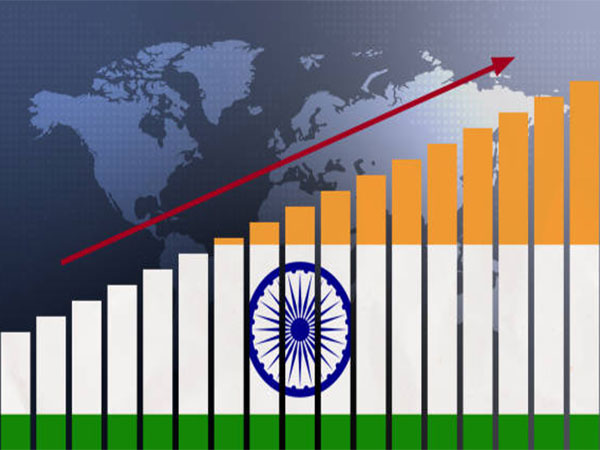India's Crucial Role in Global Energy Transition: A WEF Report Insight
India ranks 4th among the world's top five economies in influencing the global energy shift. The World Economic Forum highlights its significant progress in clean energy access and policy reforms. Challenges remain, but initiatives like the National Green Hydrogen Mission lead the way towards sustainable energy solutions.

- Country:
- India
Ranked as the 4th largest economy among global giants, India emerges as a pivotal player in the energy transition narrative, according to the latest report from the World Economic Forum (WEF). This South Asian powerhouse is not only experiencing rapid economic growth but also witnessing rising energy demand and an expanding influence on global emissions and energy policies.
Together with the United States, China, the European Union, and Japan, these five economies encompass roughly half of the global population, GDP, and energy consumption. They account for nearly two-thirds of total global emissions, underscoring their critical role in steering the planet towards cleaner energy. Over the past decade, significant progress has been observed, with India and China leading in expanding energy access and preparing their future energy systems.
The WEF report highlights India's remarkable achievements in enhancing equity through improved energy access and clean fuel availability. The nation has also fine-tuned its energy regulations and boosted investments in renewable and clean-energy technologies. Although challenges such as improving rural electricity supply and reducing dependence on imported energy persist, initiatives like the National Green Hydrogen Mission are pivotal. This program supports clean energy industries across states like Gujarat, Tamil Nadu, and Odisha, aiming to reduce emissions and enhance exports.
(With inputs from agencies.)










